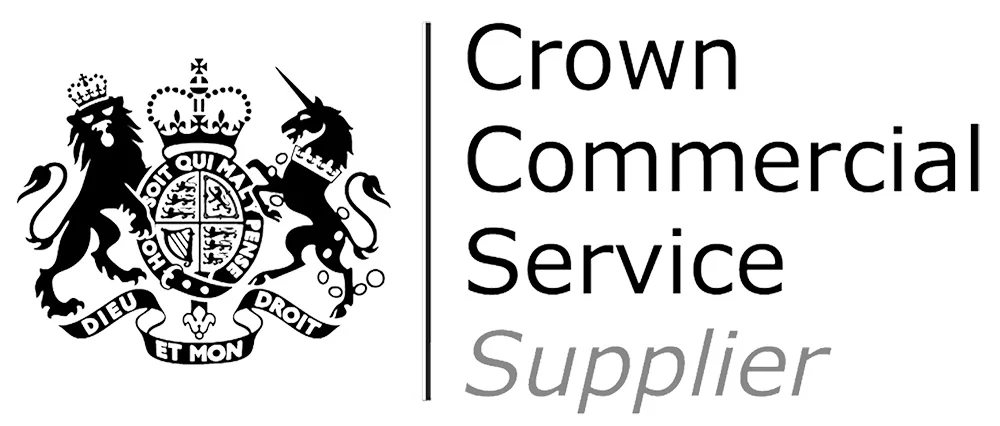What subjects do primary school teachers teach?
Primary school teachers play an essential role in shaping the lives of young people across the country. In primary school, young children will start learning specific subjects, follow a structured curriculum, and teachers will assess their academic progress. Children start primary school in the academic year they turn five and will continue to attend primary school right through until they are 11 when they move to secondary school. Before children move to secondary school, they will go through Key Stage 1, the legal term for the first two years they attend primary school, then move on to Key Stage 2, which comprises the latter four years of schooling. If you are interested in becoming a primary school teacher, it is vital to understand the subjects that primary school teachers teach in both Key Stage 1 (KS1) and Key stage 2 (KS2). Below, we explore these subjects and some teacher training courses that allow primary school teachers to expand their knowledge and teaching scope.
So what does a primary teacher teach?
Primary school teachers do not teach a single subject as secondary school teachers do. So while in secondary school you would only teach a particular subject such as English, Maths, Science, Geography, History and so on, in primary school the subject matter you cover is much broader. If you are teaching primary school children in the UK, there is a spectrum of subjects you'll need to cover outlined in the national curriculum. The core compulsory subjects that all primary school teachers will teach include:
- Literacy
- Numeracy
- Science
- Design and Technology
- History
- Geography
- Art and Design
- Music
- Physical education (PE), including swimming
- Computing
- Ancient and modern foreign languages (at key stage 2)
These are the core areas where younger children need to develop. Many children start school with little to no literacy or numeracy schools. While they might recognise letters and numbers, they may not be able to read or write at all. Others may already be able to read and spell simple words and even calculate basic sums. It is the role of the primary school teacher to help pupils develop their skills further.
Other subjects primary school teachers teach
It is also imperative for primary schools to provide guidance and education around the following topics:
- Relationships and health education
- Religious education (RE) - however, it is not compulsory for children to attend these lessons, and parents can request they be removed from them.
There are also plenty of subjects that schools elect to teach that are not compulsory or part of the curriculum. These include:
- Personal, social and health education (PSHE)
- Citizenship
- Modern foreign languages (KS1 rather than solely at KS2)
- Sex education - similarly to religious education, these lessons are not compulsory, and parents can request that their children be removed from them.
Assessments in primary school
During KS1 and KS2, primary school teachers are expected to prepare children for various tests that take place during these early years. During KS1 and KS2, children will undergo a Year 1 phonics screening check. This test requires children to read 40 words to the teacher out loud. This test enables educators to understand whether their pupils need any additional support with reading. If they have any concerns during the test, they will schedule a subsequent one for the following year. Other KS1 tests include:
- English reading,
- English grammar, punctuation, and spelling
- Maths
These tests will take place in May, and parents can request their child's results from the school, or the results of teacher assessments will be sent out automatically. During KS2, national tests will take place in May, where children will be assessed in the same subjects as year one, except more vigorously. These tests take 3-4 hours to complete, and the results are available to parents in July. As per the above, there is plenty of variation in a typical primary school teacher's role. You will be expected to have the knowledge and skills to deliver the national curriculum in the subjects mentioned above and demonstrate a willingness and ability to participate in other educational activities and lessons outside the curriculum. Knowing which subjects you will be expected to teach in a primary school setting will help to determine whether this career is right for you. A primary school teacher's role is varied and demanding, but as you help children begin their academic journey, you'll realise how incredibly rewarding it is too.
Are you looking for your next job in teaching?
At Horizon teachers, we bring you the best in teaching jobs across the UK. Our dedicated team is on hand to help you through the application process and enable you to land your area role. Browse the jobs board or get in touch with our customer team today.


